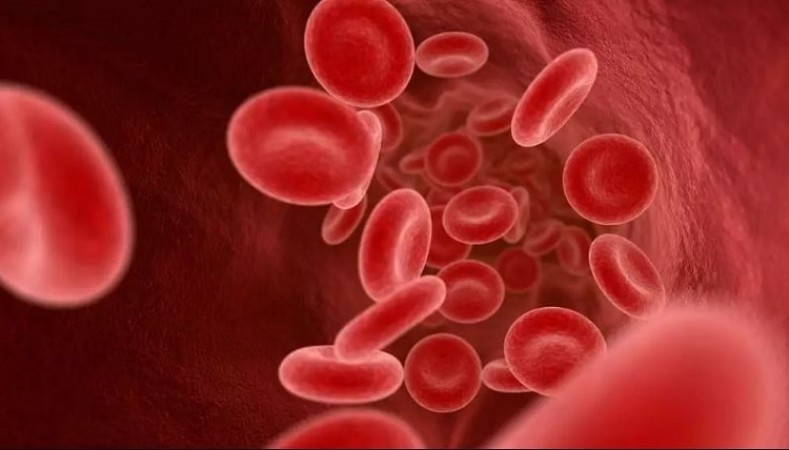
Gene Therapy, Sickle Cell Disease, FDA Approval, Medical Breakthrough, CRISPR/Cas9, Genome Editing, Cell-Based Treatment, Healthcare Updates,
The U.S. Food and Drug Administration (FDA) has granted approval to two groundbreaking treatments, Casgevy and Lyfgenia, marking a pivotal moment as the initial cell-based gene therapies designed to address sickle cell disease (SCD) in individuals aged 12 and above. Notably, among these therapies, Casgevy stands out as the inaugural FDA-endorsed treatment leveraging an innovative genome editing technique, signaling a significant stride forward in the realm of gene therapy.
Sickle cell disease is a collection of hereditary blood disorders impacting an estimated 100,000 individuals in the United States. It predominantly affects African Americans, with Hispanic Americans also experiencing its effects albeit less frequently. The primary issue in sickle cell disease involves a mutation in hemoglobin, a protein present in red blood cells responsible for transporting oxygen to the body's tissues. This mutation causes the red blood cells to adopt a crescent or "sickle" shape. These abnormal cells impede blood flow within vessels, restricting oxygen delivery to the body's tissues, resulting in intense pain and organ damage known as vaso-occlusive events (VOEs) or vaso-occlusive crises (VOCs). Recurring crises pose severe risks of life-threatening disabilities or premature death.
"Sickle cell disease is a rare, debilitating, and potentially life-threatening blood disorder with substantial unmet needs. We are thrilled to propel advancements in this field, particularly for individuals whose lives have been significantly impacted by the disease, by granting approval for two cell-based gene therapies today," stated Dr. Nicole Verdun, Director of the Office of Therapeutic Products at the FDA's Center for Biologics Evaluation and Research. "Gene therapy carries the potential to provide more precise and efficient treatments, particularly for individuals grappling with rare diseases where current treatment options are limited."
Casgevy, a cell-based gene therapy, has obtained approval for treating sickle cell disease in patients aged 12 and above with recurring vaso-occlusive crises. Casgevy marks the pioneering FDA-sanctioned therapy using CRISPR/Cas9, a type of genome editing technology. Patients' hematopoietic (blood) stem cells undergo modification through CRISPR/Cas9 technology.
CRISPR/Cas9 can be targeted to cleave DNA in specific regions, allowing accurate editing (removal, addition, or substitution) of DNA at these sites. The modified blood stem cells are reintroduced into the patient, where they engraft (attach and multiply) in the bone marrow, augmenting the production of fetal hemoglobin (HbF), a type of hemoglobin facilitating oxygen transportation. Elevated levels of HbF in sickle cell disease patients prevent the sickling of red blood cells.
Lyfgenia is also a cell-based gene therapy utilizing a lentiviral vector (gene delivery vehicle) for genetic modification. It has received approval for treating patients aged 12 and above with sickle cell disease and a history of vaso-occlusive events. Lyfgenia modifies the patient's blood stem cells to produce HbAT87Q, a gene-therapy-derived hemoglobin akin to hemoglobin A found in unaffected individuals. Red blood cells carrying HbAT87Q have a reduced tendency to sickle and obstruct blood flow. These modified stem cells are then administered to the patient.
Both products are derived from the patients' own blood stem cells, undergoing modification and returned as a one-time infusion in a single dose as part of a hematopoietic (blood) stem cell transplant. Before treatment, the patient's own stem cells are harvested, followed by myeloablative conditioning (high-dose chemotherapy), a process eliminating cells from the bone marrow to facilitate replacement with the modified cells in Casgevy and Lyfgenia. Patients who receive Casgevy or Lyfgenia will be subject to long-term studies evaluating the safety and efficacy of each product.